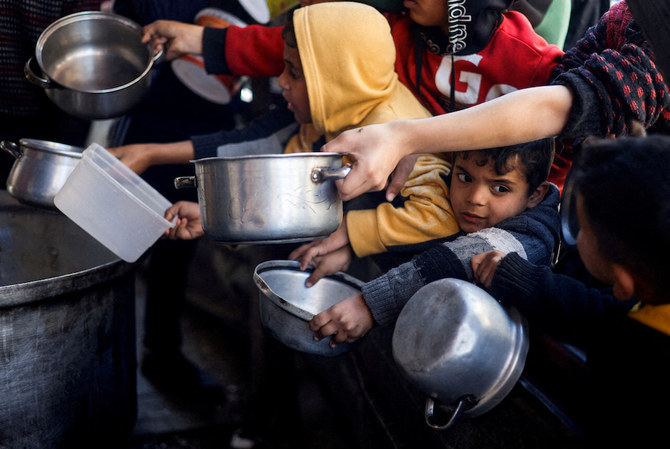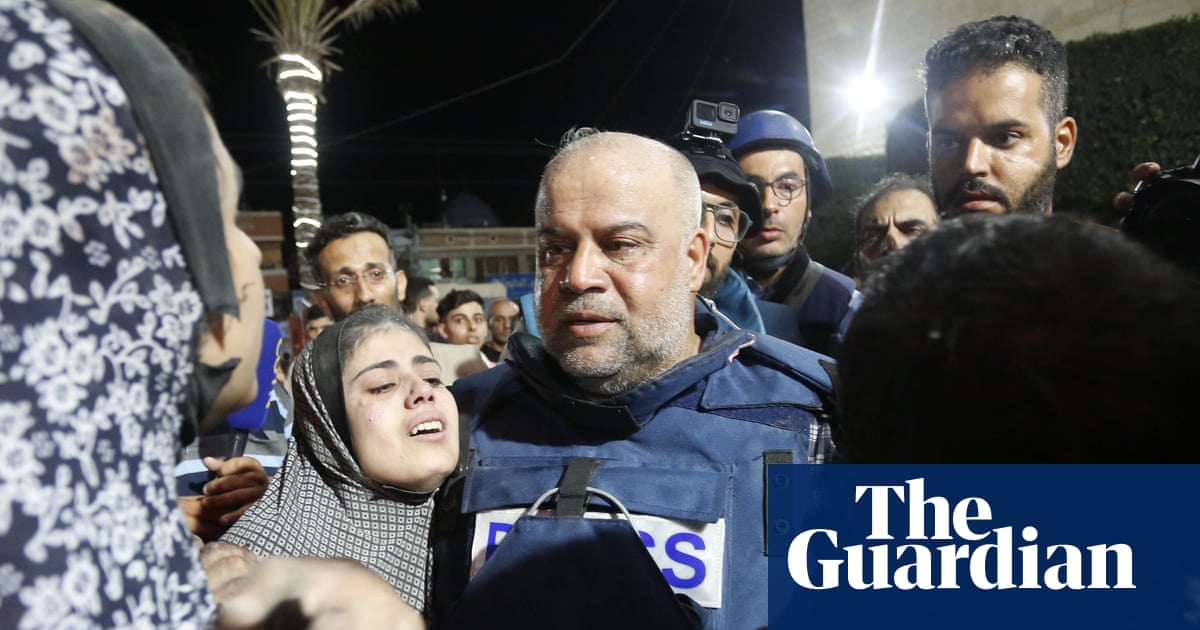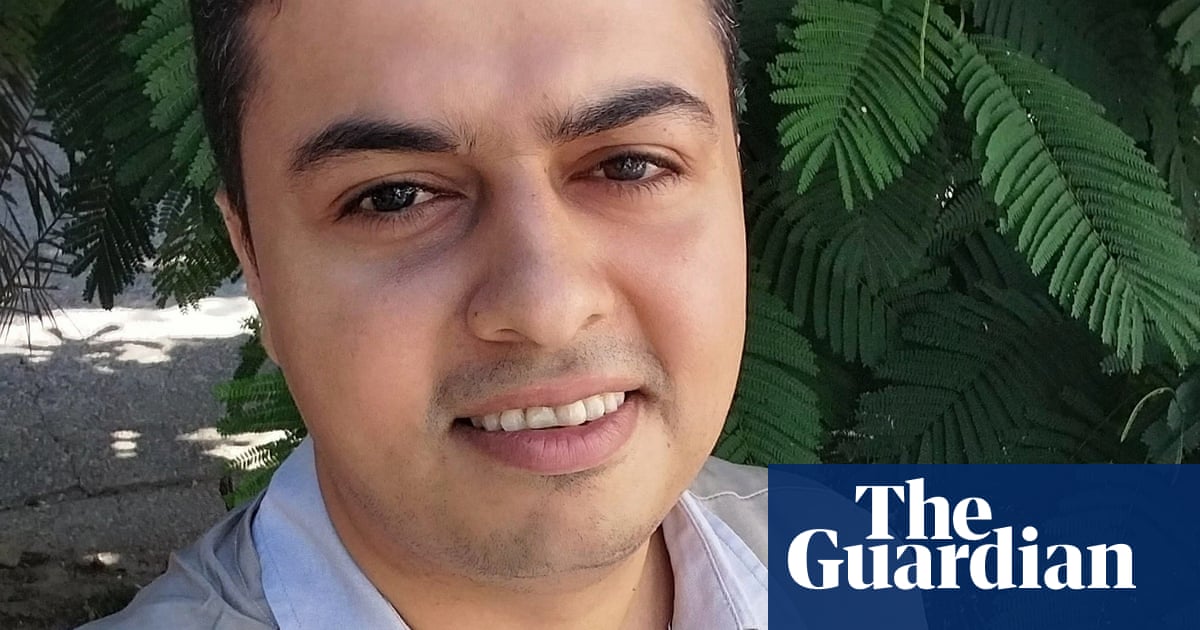
Dr. Shawqi Alawdi, his wife, and three daughters were at a building in Al-Mazzeh, Damascus, when it was hit by an Israeli airstrike
Alawdi taught pharmacology at a private university in Syria and previously taught at Dhamar University’s Faculty of Medicine and Sanaa University in Yemen
AL-MUKALLA: A Yemeni university professor and his family were killed in an airstrike by Israeli warplanes on the Syrian capital on Tuesday night, relatives and media reports said.
Dr. Shawqi Alawdi, his wife, and three daughters were at a building in Al-Mazzeh, Damascus, when it was hit by an Israeli airstrike, killing them all, including several others.
The Syrian news agency SANA said that the Israelis fired three missiles at a building in Damascus’s “densely populated” Al-Mazzeh neighborhood, killing seven people, including women and children, injuring 11 others, and causing property damage.
Alawdi teaches pharmacology at a private university in Syria and taught at Dhamar University’s Faculty of Medicine and Sanaa University in Yemen.
He moved to Syria four years ago and returns to Yemen every year during breaks, according to relatives, colleagues and students.
His Facebook profile shows that he studied clinical pharmacy at Ain Shams University in Egypt and earned a Ph.D. in pharmacology and toxicology from Cairo University.
Friends and students flooded his Facebook page with condolence and messages of sympathy after learning of his death.
Students in Syria and Yemen shared photos of Alawdi, while others sent condolences to his family in Yemen.
“Dr. Alawdi is composed, humble, and knowledgeable in his field. He has a unique teaching style in which he simplifies the difficult subjects he teaches,” Younes Al-Qadhi, a pharmacist in Sanaa and former student of Alawdi, told Arab News.
Mohammed Aslan, a pharmacist and Alawdi’s friend, described him as a leading expert in nanotechnology and an apolitical person.
“He was free of politics, sectarianism, and all other life pollutants. He was a pioneering scientist and one of the most important researchers in nanotechnology,” Aslan said on Facebook.
Meanwhile, the International Federation of Journalists urged the Houthi militia on Tuesday to release Yemeni journalists abducted for criticizing the Houthis and to stop harassing journalists.
According to the IFJ, the Houthis abducted Mohamed Al-Miyahi on Sept. 20 after raiding his home in Sanaa, two days after he criticized the Houthis.
They also abducted Fuad Al-Nahar, a member of the Yemeni Journalists’ Syndicate, in September as part of a crackdown on those who celebrated the 1962 revolution.
“Our colleague Mohamed Al-Miyahi is the latest abductee in a long list of journalists who must be immediately and unconditionally released. We call on the de facto authorities and other armed groups to stop hindering journalists’ work and release all unfairly detained journalists,” Anthony Bellanger, general secretary of the IFJ, said in a statement.
Since mid-September, the Houthis have abducted hundreds of people as part of a crackdown on Yemenis commemorating the 62nd anniversary of the 1962 revolution that overthrew the Zaidi Imamate in northern Yemen.
The Houthis abducted people who posted on social media encouraging the public to celebrate the revolution, accusing them of being “stooges” for the US and other foreign intelligence agencies to undermine security in areas under their control and pressure them to stop attacking ships.











